The sea is a cruel mistress. Her ways, and her waves, are unknowable, running on a logic that still escapes the mortal mind of man. Her creatures, her precious children of the dark, take forms we can scarcely imagine, nor forget, should we have the misfortune of glimpsing them. She is, in many ways, the greatest of nature’s mysteries: a darkness that goes on and on, beckoning us with the siren song of new discovery, tempting us toward our self-wrought ruin.
This was the muse from which HP Lovecraft drew much of his famed horror mythos, leveraging his own deeply held fear of the sea to lay the foundations for modern horror as a whole. His stories, tales of fragmented psyches and creatures beyond comprehension, have inspired generations of art across all mediums. The latest in this shadow-soaked line of succession is Dredge, Black Salt Games’ “single-player fishing adventure with a sinister undercurrent.”
No safe harbor
While an excellent pun, “undercurrent” doesn’t feel quite right here. Dredge is not, as some have claimed, a cozy game with evil bubbling beneath the surface, but a full-blown eldritch horror in its own right, drenched in unease from start to end. Right from the title screen this is made plain, with sudden jitters of red and green interrupting the tranquility of the main menu, making sure we know that something isn’t quite right. We start the game, and a short cutscene hammers this home, showing the grizzled sailor we control washed up on the shores of Greater Marrow, to be greeted by a cheerful yet unsettling mayor.
In the proud tradition of Animal Crossing, we begin the game in debt, having been granted a boat by the mayor after our own was mercilessly dashed against the rocks. In order to pay this debt off we must fish, and so we set sail to do just that. For a game seemingly built around fishing, the systems that govern it are incredibly simple. You can fish at any area of ‘disturbed water’, provided you have the right equipment to do so. The fishing process consists of a short timing-based mini-game, one which varies from fish to fish and area to area, but which never takes more than a few seconds to complete, less if you get the rhythm down.
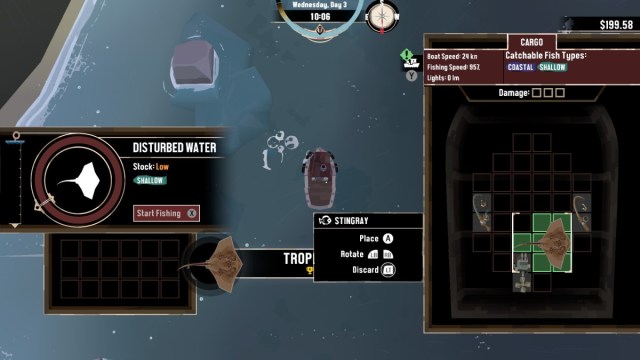
Once you’ve caught your fish, another mechanic comes into play: the Tetris-esque storage dance you’ll need to perform to fit the maximum number of fish on your boat on each trip. This is complicated further by the fact that your equipment, from engines to rods to nets, also takes up storage slots, offering an interesting choice between quality equipment and storage capacity as you advance, and increase your equipment options and hold size.
Beyond the wall of sleep
As you carry out your first round of fishing, spurred on by the quick-fire catches and simple mini-games, Dredge is preparing its first big deception. For you see, beyond being a fishing game, Dredge is also a time management game, and it operates on a timeline that advances far faster than you’d expect. One second you’ll be reeling in a juicy-looking cod, and the next night will fall like a guillotine blade, cutting short your pleasant day of fishing in a sudden swathe of fog and fear.
If modern gaming in general hasn’t conditioned you to be wary of the latter hours of the day, then the ominous warnings from the townsfolk on Greater Marrow probably will. That said, it comes on so fast, and can do so while you’re fishing and oblivious, wrapped up in your own little world, that how prepared you are doesn’t really matter. Night will catch you out, and the tranquil waters of The Marrows suddenly won’t look quite so welcoming.
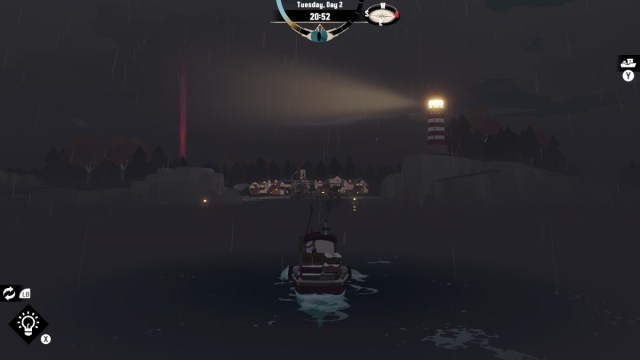
The genius of this first exposure to night in Dredge is that there’s no immediate danger here, but the sound design and visuals will convince you that there absolutely is, instilling a sense of panic that can easily lead to navigational errors, and see your boat crash into the rocks that pepper the waves around your new home port. Panic, appropriately enough, is another mechanic that comes into play here, represented by a large eye on the navigation bar at the top of the screen.
For night, while slightly more dangerous than day due to lower visibility, is not the main source of problems in Dredge: Panic is. This is a value that increases the longer you go without resting at a port, and also jumps massively when you’re exposed to certain unnatural creatures that lurk in the dark corners of Dredge‘s watery world. The higher your Panic value, the more distorted the screen becomes, incorporating those reds and greens from the main menu, and the more bizarre the encounters you’ll have become also. New rocks and dangerous creatures appear at high Panic levels, conspiring to leave your boat a salvage heap on the ocean floor.
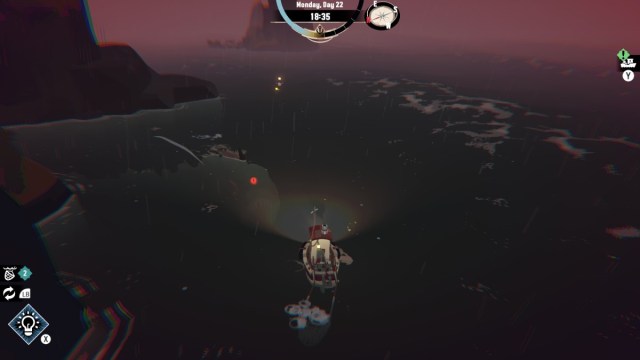
This is a rare instance of Lovecraftian horror in games done right. Like a more flexible version of Bloodborne’s Insight system, Panic lets the horror flow from the fraying sanity of the player character, rather than simple monsters. The horrors you’ll encounter are dangerous not just because of the physical damage they can deal to your vessel, but also for the Panic spikes they provide, which alter the world around you, making it more hostile in turn. It’s a clever mechanic, and one that Dredge weaves together with its fishing, storage, and time management elements to create a net that’s hard to struggle out of.
The call of the waves
You’ll notice this as you grow more confident out on the seas, staying out later and later to catch far-off fish, keeping one eye on the clock but ignoring it all the same. You’ll notice this as you study the in-game map and set self-imposed goals, struggling on towards remote rocky islands even when the darkening horizon warns you to turn back. Dredge is a game that constantly tempts you with the promise of more: one more catch, one more sidequest. It’s an angler fish, drawing you close with the golden allure of progress, while just out of sight lie its waiting jaws, ready to swallow you whole should you take too much.
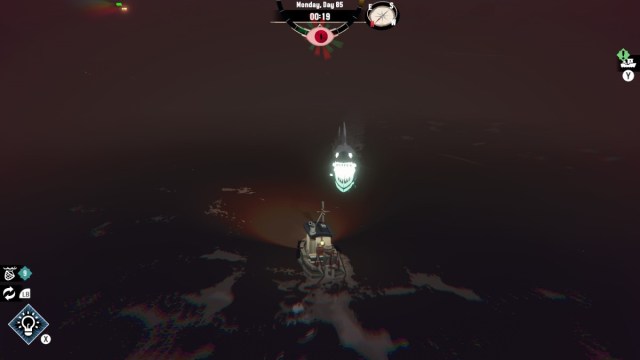
And those jaws are plenty sharp, rest assured. The consequences for getting too cocky, for taking your safety out on the open waves for granted, can be severe. Not only can you lose random, sometimes vital, cargo overboard, but you can lose all your progress since you last docked, should your boat be destroyed completely. Such events can be infuriating, undoubtedly, but they’re important all the same, to provide the kind of stakes necessary for Dredge to have the impact it’s going for.
This risk-reward cycle, this ever-spinning triangle of temptation, victory, and destruction, is the beating heart of Dredge, and it’s a core that will easily carry you through the evolving gameplay scenarios it has to offer. While it ostensibly presents itself as a fishing game, it’s not long before your focus shifts from the denizens of the deep to its treasures, and a map-wide scavenger hunt for some eldritch artifacts begins. This hunt takes you through the game’s five biomes, each more remote and dangerous than the last, introducing you to a band of salt-swept characters, all of whom have a story to tell and a favor to ask.
In quest of higher truth
While the main story path offers a smooth escalation of difficulty and complexity, taking you through a range of fishing styles from coastal to hadal, Dredge’s open seas allow you to approach its world in any order you see fit. There are soft gates, in that distant islands are more difficult to reach with the less powerful engines of the early game, but nothing really prevents you from venturing as far as your curiosity takes you. This is a welcome approach, given Dredge’s world and theming, but not one that makes a huge amount of difference given the brief nature of the story and each of its episodes.
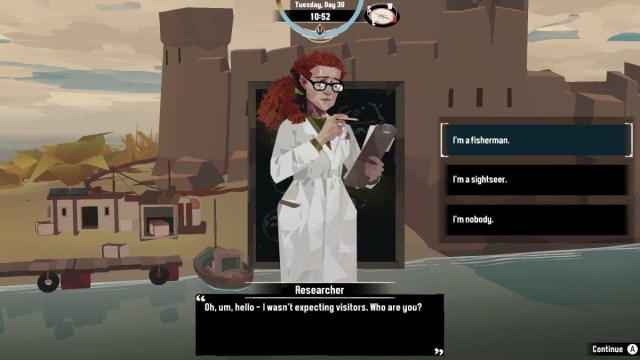
There’s more beyond the beaten waves, however. From secret areas, to rare items, to one-of-a-kind ‘Exotic’ fish, there’s plenty to hunt down for the committed angler. This is in addition to the Pokemon-esque task of catching every fish in the game, which will see you scouring every inch of the map, day and night, to catch ‘em all. Factor in sidequests, some of which have multiple endings based on your actions, and you have a world that’s ripe for replays, giving you ample incentive to dive back in once you’re done with the main quest.
Not that you’ll need any additional reasons to do so, of course. Dredge is a fantastic game, a brilliant exercise in simple mechanics and powerful atmosphere, and one that you’ll be glad to return to multiple times, be it for completion or pure enjoyment. It’s like the rusted music box you’ll bring up from its depths a few hours in: so compact and tightly designed, dripping with atmosphere and minute-to-minute intrigue, that you’ll be happy to let its cursed song play on and on.

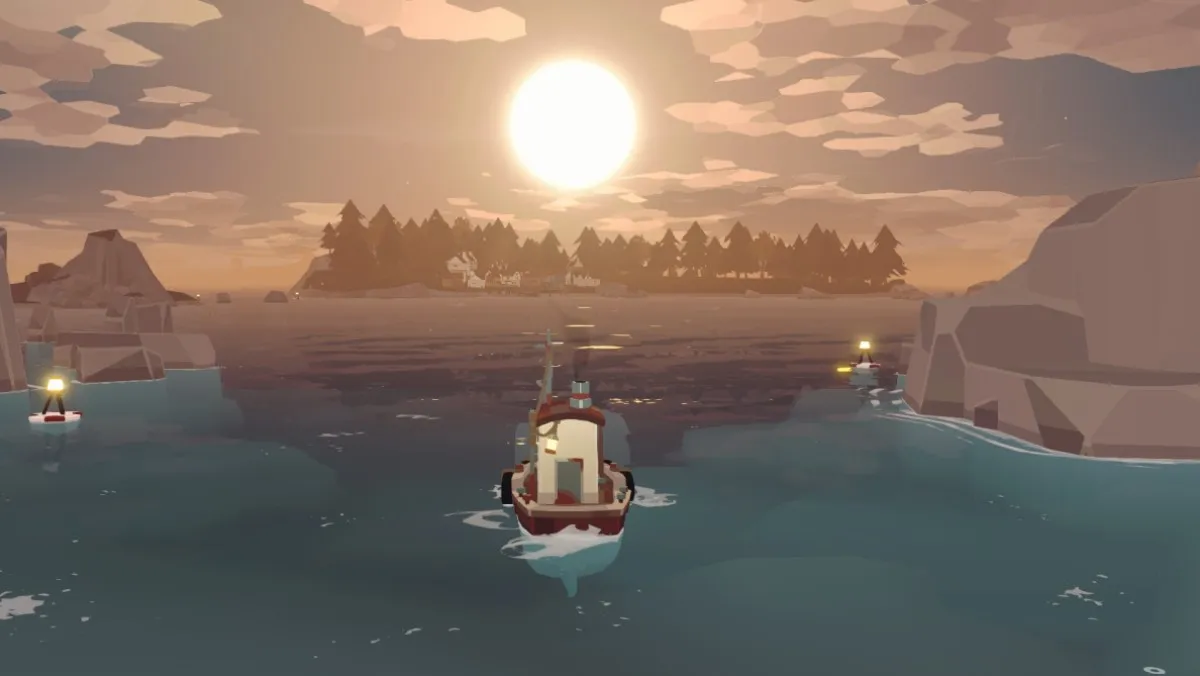
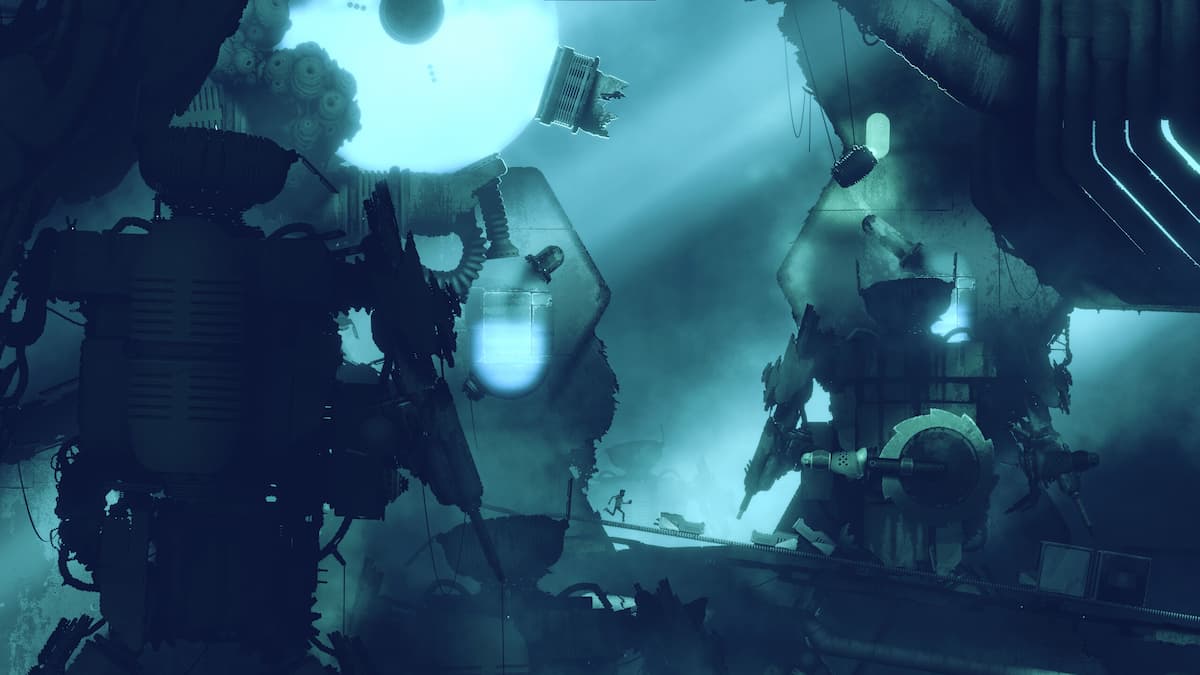

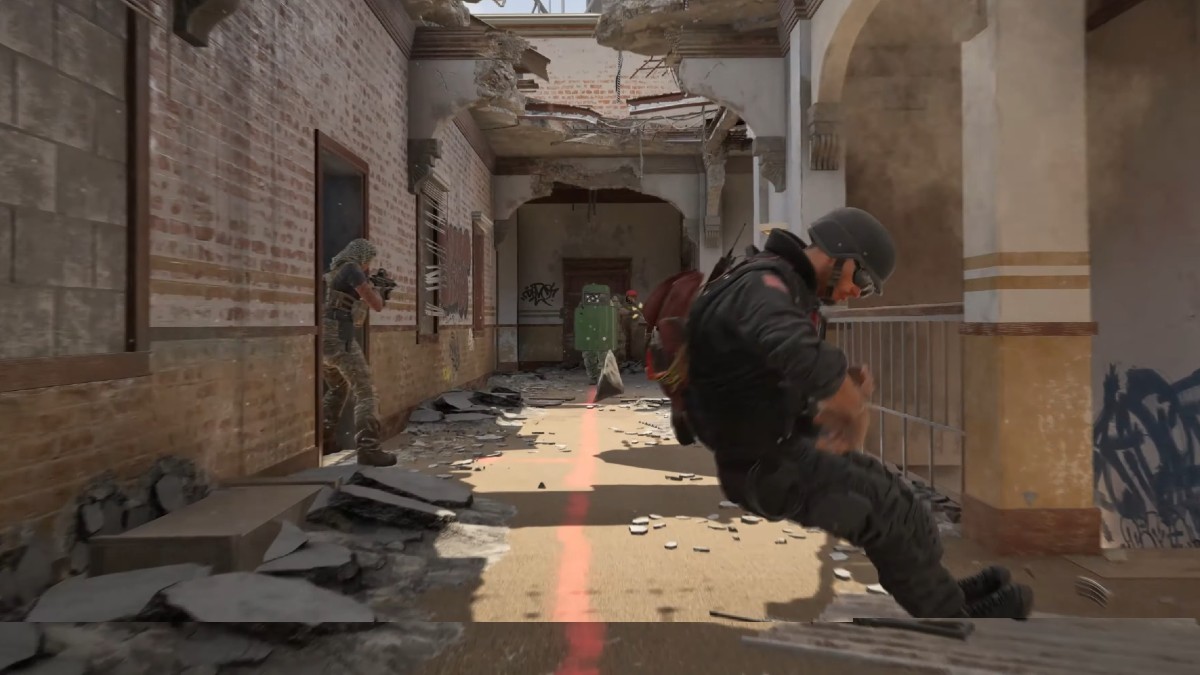
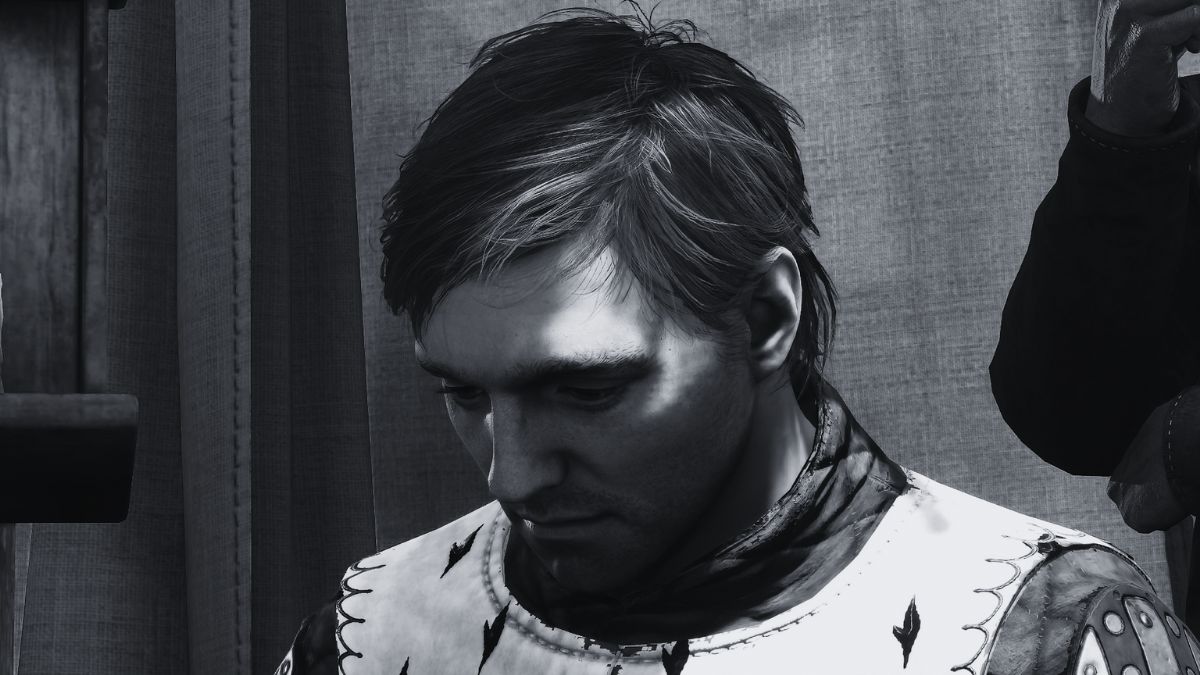



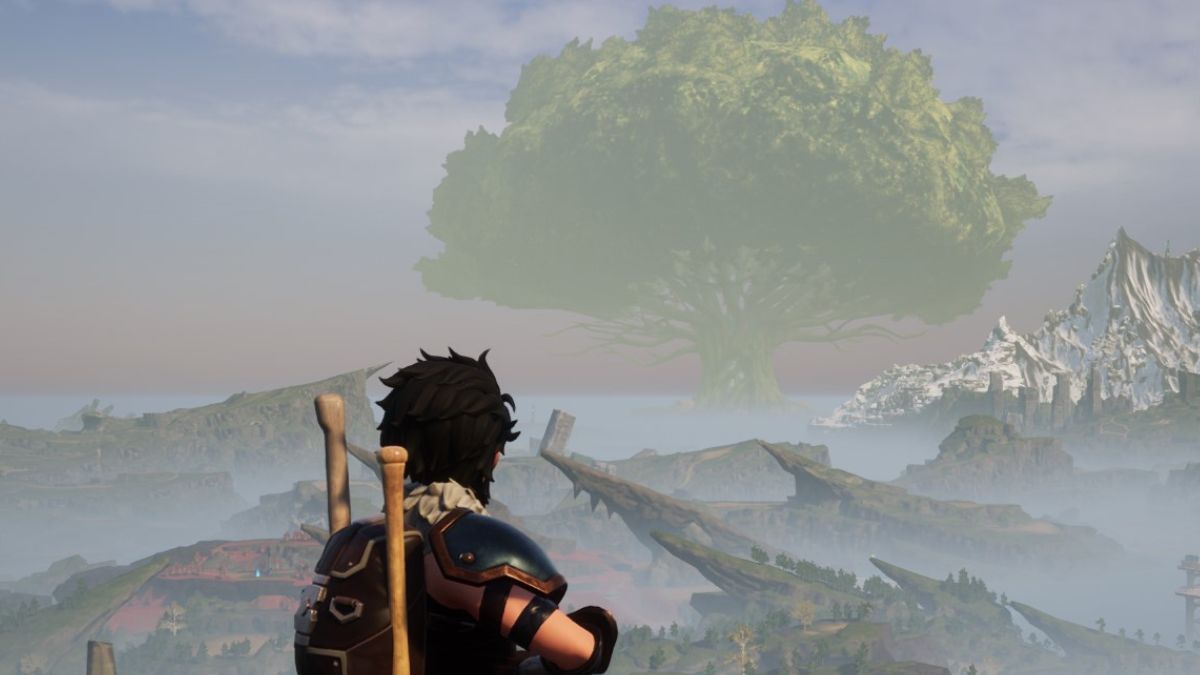



Published: Apr 3, 2023 11:30 AM UTC